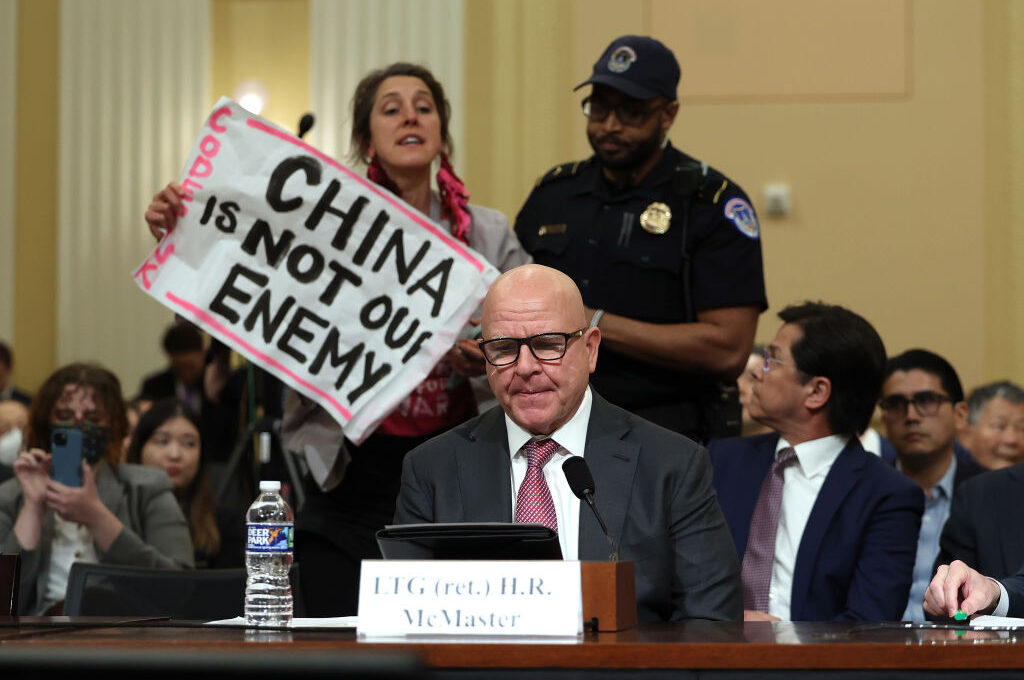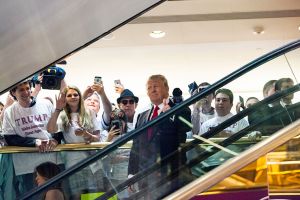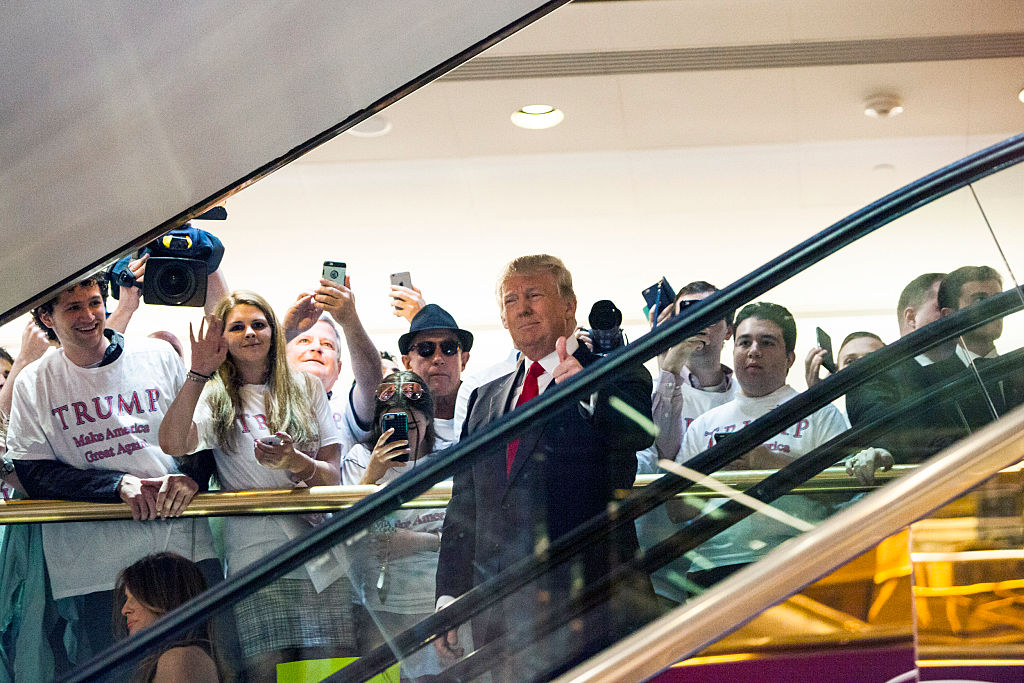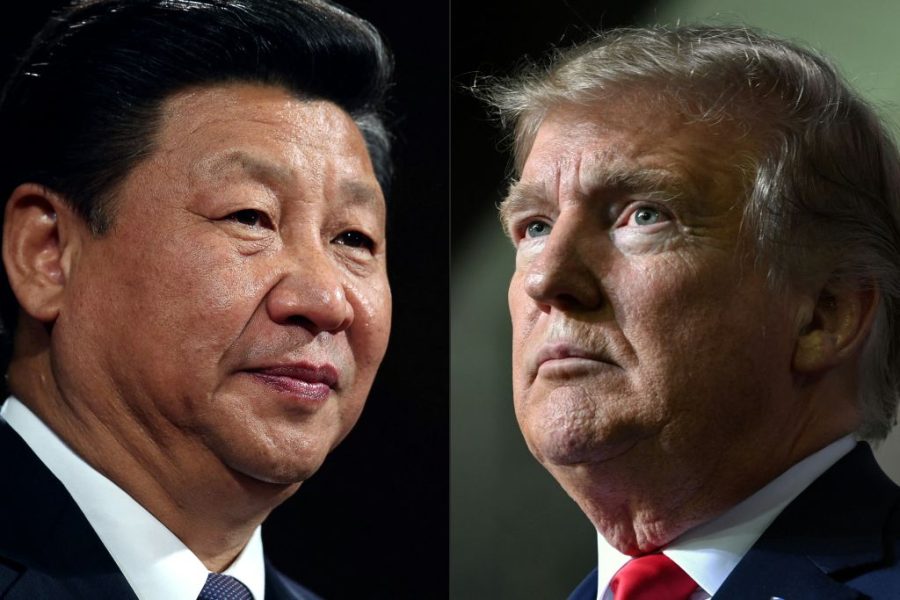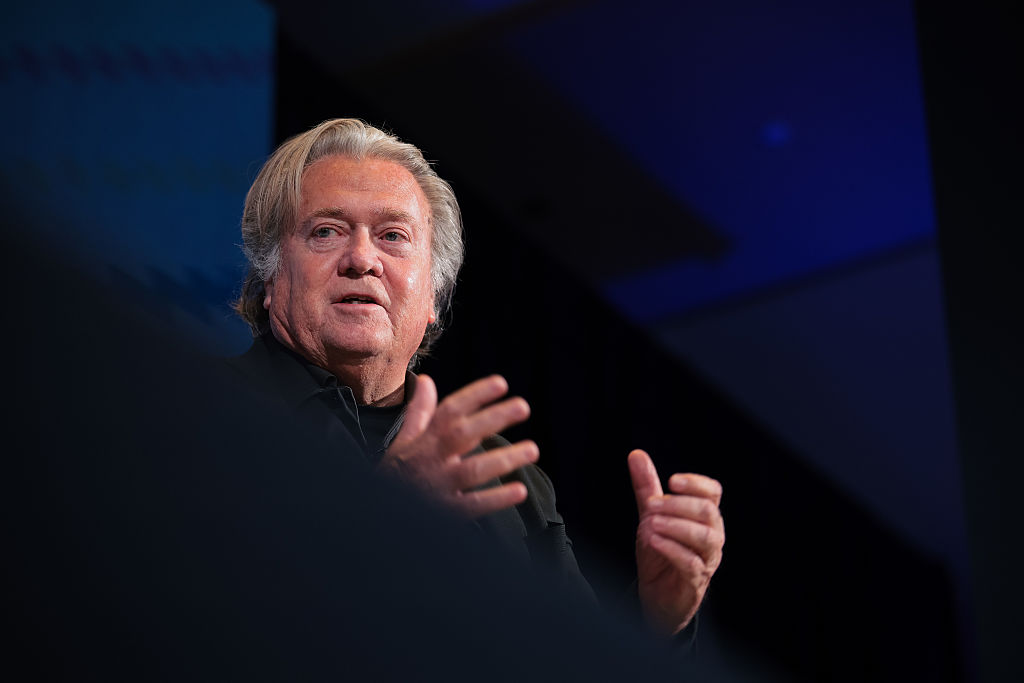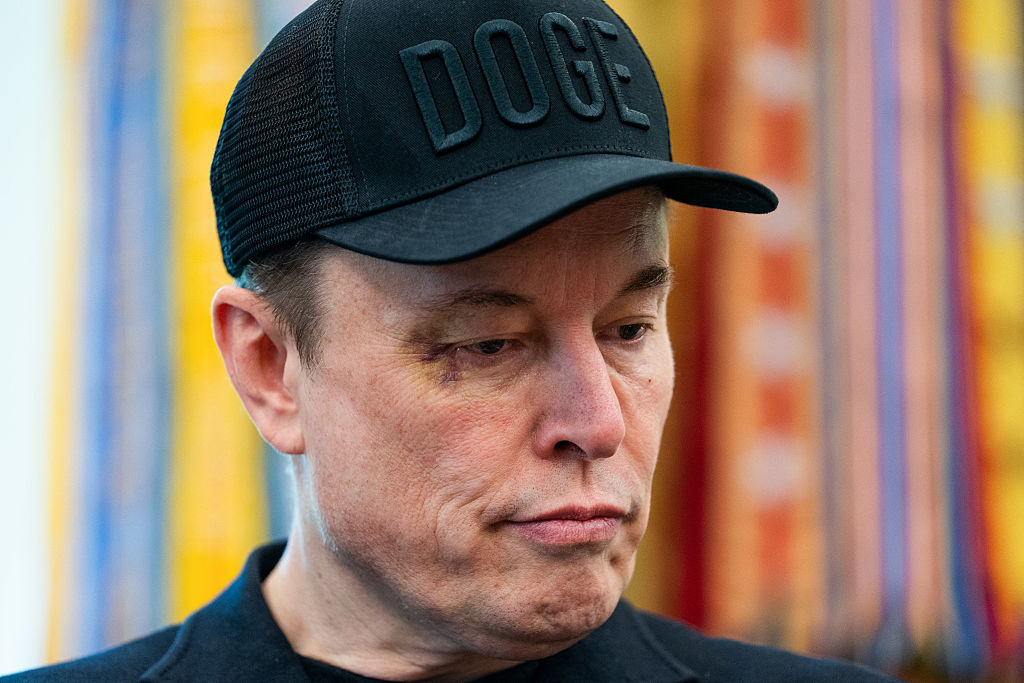The primetime launch event for the House China Select Committee shows the bipartisan consensus that has formed in Washington on the threat represented by China. It also illustrates the priorities for members of Congress, and their divisions over the appropriate response to Chinese influence as a military, economic and cultural adversary.
Witnesses, including former Trump deputy national security advisor Matthew Pottinger and retired Lieutenant General H.R. McMaster, encouraged members to take Xi’s words at face value — and emphasized that for too long Washington has looked the other way while China ate America’s lunch. Scott Paul, president of the Alliance for American Manufacturing, cited the errors of the political class as having had dire consequences for America’s ability to function without China’s supply line: “After writing a blank check to Beijing, we turned a blind eye to its cheating, time and time again, accepting empty promises to reform with no real consequences. Governors sought out Chinese firms for projects that cost American jobs.”
As hearings go, this one was decidedly short on partisan acrimony. The only outbursts in the room came from a couple of Code Pink protesters, who have rather amazingly not gone the way of the dodo in the years since the Iraq War. Time and again, the issue of TikTok was raised as an example of China’s ability to manipulate information for millions of Americans, driving the news cycle and fomenting division.
The committee’s launch is a meaningful symbol. But the real test will be where it goes from here. Will it ensure greater awareness among the political class regarding China’s troublesome activity? Will there be actual ramifications of its existence?
On a basic level, the binary may turn out to be the continued existence of TikTok as a Chinese-owned asset in the United States. Forcing its sale, something which previously fell through, or banning it entirely would seem to deliver a direct message about the risks of putting China’s influence into the pockets of millions of Americans.
Yet on the morning after the committee’s first hearing, another congressional committee showed how that bipartisanship can break down. The House Foreign Affairs Committee advanced Chairman Michael McCaul’s DATA Act, which would give the president the authority to ban foreign-owned applications in the US, as well as imposing sanctions on TikTok and other Chinese applications. Yet it passed only on a party line vote, with all Democrats opposed. While it’s far from the only piece of anti-TikTok legislation, the split was a surprising one given the context of the moment.
Ranking Member Gregory Meeks, a Democrat, explained the partisan opposition by claiming that TikTok is a beautiful mystery, a series of tubes, if you will, and that a rush to ban it for nefarious activity on behalf of the CCP is comparable to the WMD fearmongering that led to the Iraq War. Per Politico:
“We cannot act rashly without consideration of the very real soft power, free speech and economic consequences of a ban,” Meeks said on Tuesday. He later warned his colleagues against using the tactics of “fear” to pass a TikTok ban. “I’ve seen that tactic utilized before — fear that Iraq had weapons of mass destruction, without evidence or proof,” he said.
Bipartisanship is all fine and good in the vacuous context of the Sunday shows and op-ed pages. But when it comes to the process of actually legislating, we have no real measure of how deep this new bipartisan reality on China really goes. And if it turns out to be just one more issue where nothing ever gets done, expect it to become a major hot-button issue in 2024 — both as a matter of difference between the Joe Biden White House and his Republican opponent, and as an item of concern that the Chinese Communist Party intends use TikTok to direct the narrative of the political cycle.



